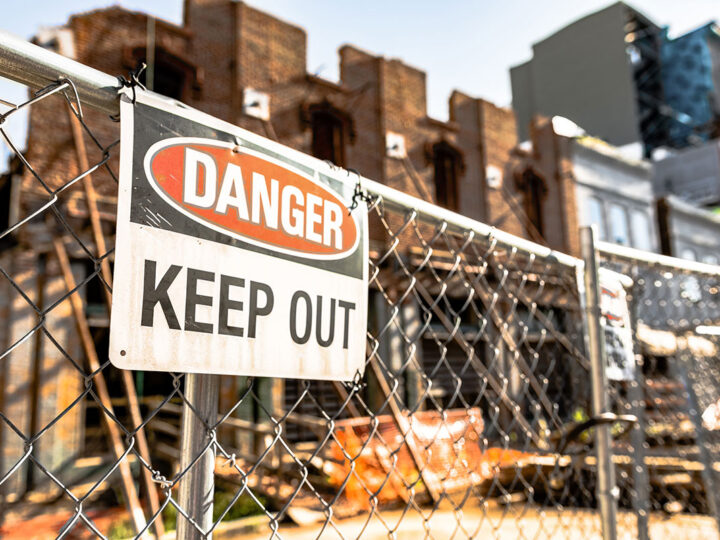
Does a Design Professional Owe a Duty to Third Parties?
Douglas R. Garmager, Esq.
Most design professionals believe the client is the entity they have agreed to perform services for on a particular project. Indeed, it is hard to fault a design professional for holding this view, given the client ultimately sets the parameters for a project and is the party the design professional has contracted with. However, when it comes to the law, there is a tension between limiting a design professional’s duties to his or her client and expanding those duties to third parties who may be affected by the design professional’s work. Thus, courts have allowed third parties to bring direct claims against design professionals under various circumstances that may be surprising.
One of the oft-cited authorities for allowing third parties to bring claims against design professionals is the Restatement (Second) of Torts § 324A, which provides:
One who undertakes, gratuitously or for consideration, to render services to another which he should recognize as necessary for the protection of a third person or his things, is subject to liability to the third person for physical harm resulting from his failure to exercise reasonable care to protect his undertaking, if:
- his failure to exercise reasonable care increases the risk of such harm, or
- he has undertaken to perform a duty owed by the other to the third person, or
- the harm is suffered because of reliance of the other or the third person upon the undertaking.1
The Kansas Supreme Court relied on Section 324A to uphold a wrongful death verdict against a consulting engineer who was retained to conduct yearly inspections of turnpike bridges. In affirming the wrongful death verdict, the court found that the consulting engineer owed a legal duty to “the traveling public” to exercise reasonable care in providing safety inspections, notwithstanding the engineer’s contention that they were only contractually obligated to perform a visual inspection of the turnpike bridges.2
The Superior Court of Pennsylvania also relied on Section 324A to uphold a wrongful death verdict against a consulting engineer who had been retained on a sewer project to “supervise the work, periodically inspect it, and assist in safeguarding the owner against defects and deficiencies on the part of the contractors.” The court found that the engineer was clearly negligent in failing to properly supervise the job and inspect the work when a trench collapsed on a construction worker and was later found to have not been properly braced or shored against collapse.3
In another case, the Court of Appeals of North Carolina cited Section 324A to allow a homeowners’ association to bring a professional negligence action against an architect, even though there was a lack of contractual privity between the homeowners’ association and the architect. In reaching this conclusion, the court noted that “[i]t is obvious that any architect’s involvement in residential construction is intended to affect the ultimate consumer-purchaser in that the buyer anticipates and expects sound construction and solid workmanship.”4
Considering these cases, it is important for design professionals to remember that while they have an obligation to perform the services required by the client, their obligations do not necessarily end there. Of course, as with any legal issue, there can be variations by state on whether a design professional can be sued directly by third parties. Therefore, consult with a local attorney for further guidance.
CITATIONS
1 Restatement (Second) of Torts § 324A (1965).
2 Ingram v. Howard-Needles-Tammaen & Bergendoff, 672 P.2d 1083, 1086-88 (Kan. 1983).
3 Heath v. Huth Engineers, Inc., 420 A.2d 758, 759 (Pa. Super. Ct. 1980). The holding in Heath has subsequently been called into question by other Pennsylvania courts, but the decision nonetheless serves as a reminder of the tension between limiting a design professional’s duties to a client and expanding those duties to injured third parties.
4 Quail Hollow East Condominium Assoc. v. Donald J. Scholz Co., 268 S.E.2d 12, 15-17 (N.C. Ct. App. 1980); but see, Doe v. United States, 381 F.Supp.3d 573, 601 (M.D.N.C. 2019) (noting that there is “some dispute within the North Carolina courts […] as to the Restatement’s authority.”).






